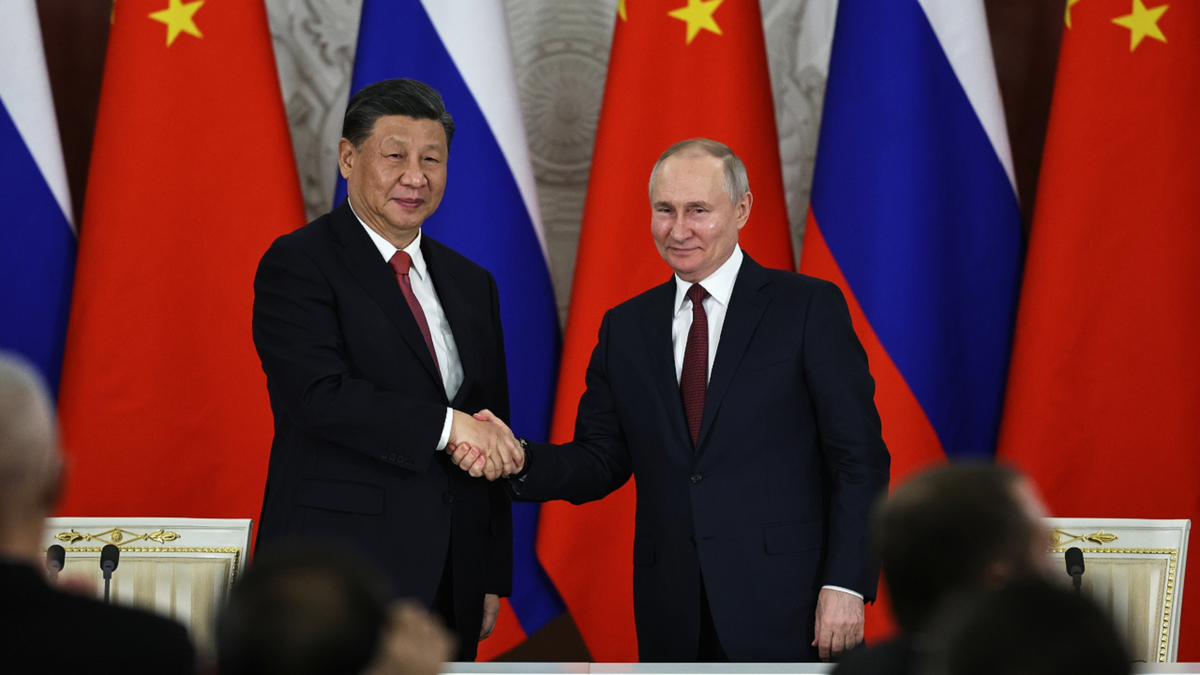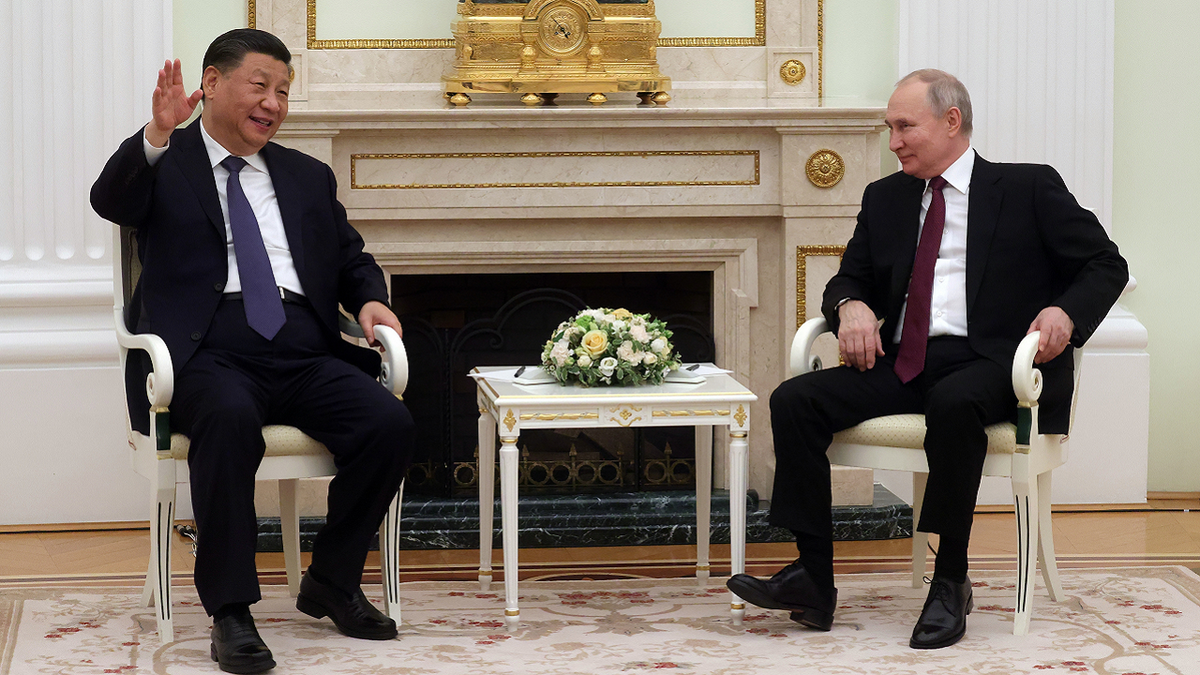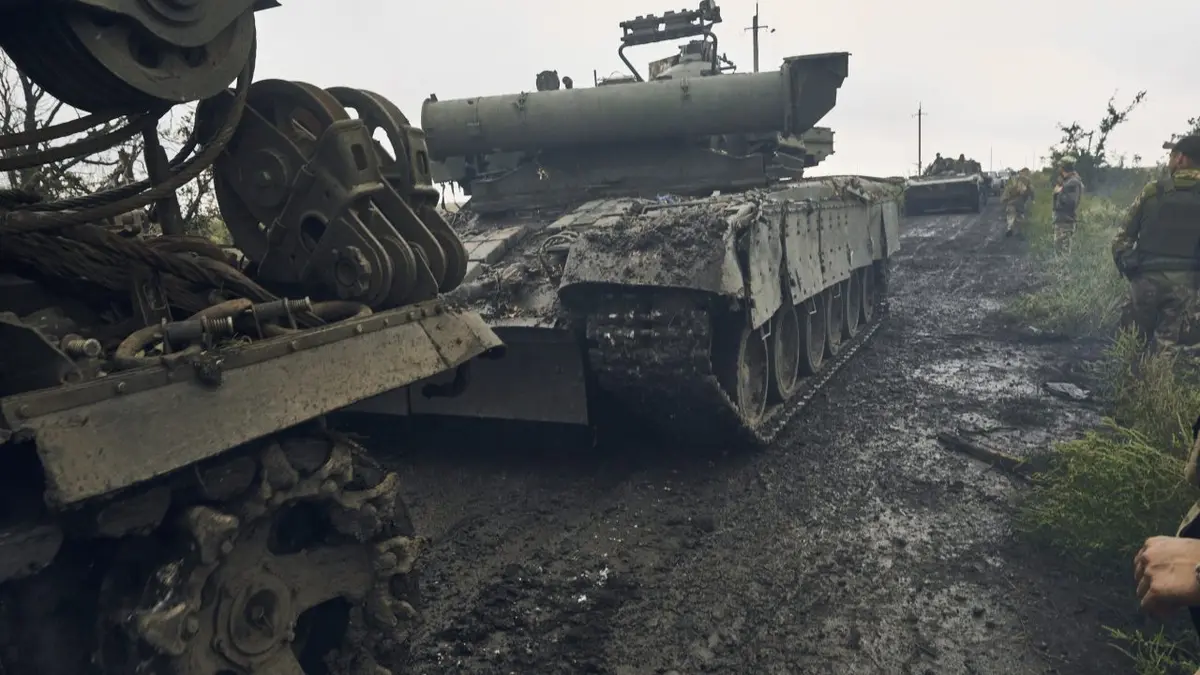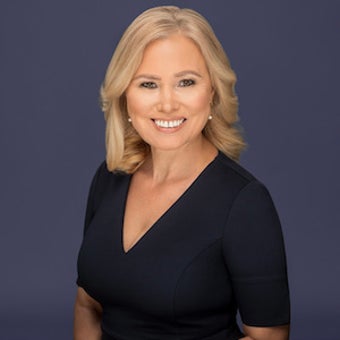Keith Kellogg: China's Xi trying to be 'the great negotiator' in wake of Putin meeting
Lt. Gen. Keith Kellogg and former CIA station chief Dan Hoffman discuss the the new China-Russia partnership and escalating tensions amid the ongoing war in Ukraine on 'Your World.'
"Changes are taking place now that haven’t happened in a hundred years. When we are together, we drive these changes," proclaimed China’s President Xi Jinping as he was saying goodbye to his "dear friend" Vladimir Putin in Moscow this week. "Agreed," responded Russia's president.
Now that the three-day meeting is over what are the implications for the West, Europe and the world? Here’s a look at what to expect (and not to expect) going forward.
Two leaders herald a permanent anti-U.S. bloc with China as global center of gravity
Before Xi and Putin met in what will has all the hallmarks of a historic meeting, the two leaders published manifestos in their respective state newspapers, outlining their vision for the world that directly challenges the Western-rules-based democratic order. Throughout the summit-level meeting, both authoritarians signaled their strong anti-U.S. and anti-West sentiment and intention to oppose America’s leadership at every turn.
VLADIMIR PUTIN, XI JINPING SIGN ECONOMIC DEAL IN LATEST DEMONSTRATION OF 'FRIENDSHIP WITHOUT LIMITS'
Xi, in a signed article with the headline "Forging Ahead to Open a New Chapter of China-Russia Friendship, Cooperation and Common Development," praised Moscow and Beijing’s role in fostering a "new model of major-country relations" based on "mutual trust." The article also ran Monday in Russia's National Gazette.
Xi and Putin will use the United Nations to push back against the U.S. and the West
In what appears to be a direct message to the West, Xi reminded readers that China and Russia are permanent members of the U.N. Security Council who pursue "comprehensive strategic partner of coordination" and "uphold an independent foreign policy."

Russian President Vladimir Putin and Chinese President Xi Jinping shake hands in Moscow, Russia, on Tuesday, March 21. The Kremlin Wednesday said the West's reaction to Xi's visit has been "hostile." (Mikhail Tereshchenko/Sputnik/Kremlin Pool Photo)
Putin, who authored an article in China’s People’s Daily Newspaper, highlighted the "special nature of the Russia-China partnership," built on "respect for each other's sovereignty and interests."
In a dig at NATO, he noted that the Moscow-Beijing relationship is of a different quality, having no "Cold War-time military-political alliances" with "no one to constantly order" and to "constantly obey."
CHINA IS ALREADY AT WAR WITH AMERICA, AND THE BIDEN ADMINISTRATION IS IGNORING THE SIGNPOSTS
It was a clear message that the two authoritarians, both of whom probably will remain heads of state for life, will continue using the United Nations Security Council as a platform to oppose every major action on the Western agenda.
By holding state-level talks with Putin, just days after the International Criminal Court issued an arrest warrant for the Russian dictator for war crimes in Ukraine committed by the Russian forces in there, Xi made it clear to the West that China disregards international law that was built on Western principles.
Putin's Russia is now playing second fiddle to Xi's China
China’s leader gave his Russian counterpart his strongest support yet by endorsing Putin’s prospective 2024 presidential reelection. "Thanks to your strong leadership, Russia has made significant progress in achieving the prosperity of the country in recent years. I am sure that the Russian people will strongly support you in your good endeavors," Xi told Putin.
Putin, who has always projected the image of a hardened ruler of a nuclear superpower, gave Xi a clear acknowledgment that China is now the higher-ranking partner in the relationship.
In his greeting statement on Monday, the first day of Xi’s visit, Putin was effusive and subserviently towards Xi. He called him "Esteemed Mister Chairman!" and "Dear Friend!" He observed that China has made a "colossal breakthrough forward in its development, attracting genuine attention across the world," adding that "we [Russia] are even a little jealous."

Chinese President Xi Jinping gestures while speaking to Russian President Vladimir Putin in Moscow on Monday. (Sergei Karpukhin, Sputnik, Kremlin Pool Photo via AP)
Russia’s economic dependence on China is growing as the U.S. and European sanctions have all but cut off Moscow from the West. Beijing has been providing an economic lifeline to Moscow, importing Russian energy, which has helped Putin continue financing his war on Ukraine.
CLICK HERE TO GET THE OPINION NEWSLETTER
Last year, the Kremlin’s budget revenue jumped from $52.8bn to $81.3bn, thanks to Chinese purchases of crude oil and coal. The economic cooperation between the two will increase with Putin and Xi having signed ten agreements, lasting till 2030. Putin aims to grow trade with China, which has reached $189 billion, to $200 billion. Russia has one of the world’s largest deposits of natural resources and China has the world’s largest population. With Western sanctions likely not being removed from Russia any time soon, Russia’s dependency on China will only grow.
China is cultivating Russia’s dependence as it seeks to expand its geopolitical and economic influence in Eurasia,’ the world’s largest landmass, through its Belt and Road Initiative.
This massive China-led transcontinental infrastructure project aims to connect supply chains and logistics across the globe, enabling China’s rise as the global center of gravity. As a junior partner to Xi, Putin who seeks cooperation between Russia’s Eurasian Economic Union and China’s Belt & Road, is enabling China’s grand plan of becoming the dominant economic and military power by 2049, displacing its top rival, the United States.

Ukrainian troops retook a wide swath of territory from Russia on Monday, pushing all the way back to the northeastern border in some places, and claimed to have captured many Russian soldiers as part of a lightning advance that forced Moscow to make a hasty retreat. (AP Photo/Kostiantyn Liberov) (AP Photo/Kostiantyn Liberov)
No peace for Ukraine
Although Xi’s visit to Moscow was billed by Beijing as an effort to help bring a ceasefire to Russia’s barbaric war with its former Soviet neighbor, the tête-a-tête between the two authoritarians is highly unlikely to bring peace to Ukraine.
China is highly incentivized to have the war drag in and Xi will likely approve deliveries of lethal military assistance to Russia. Having two of its top perceived geopolitical adversaries deplete their combat arsenals in a proxy war benefits China.
While Russia and China portray themselves as "no limits" strategic partners, in reality, they are adversaries in the long term. The two share a border of around 2,500 miles and a tumultuous history. Both expect to face off in a military clash in the future.
CLICK HERE TO GET THE FOX NEWS APP
Changes are indeed coming in the world. Regretfully, the Biden administration which is hyper-focused on Ukraine, is blissfully unaware that the two dictators are upending the world order on which the United States and its allies relied for security for decades.
It is time for the adults in the Biden White House to think critically and strategically.


